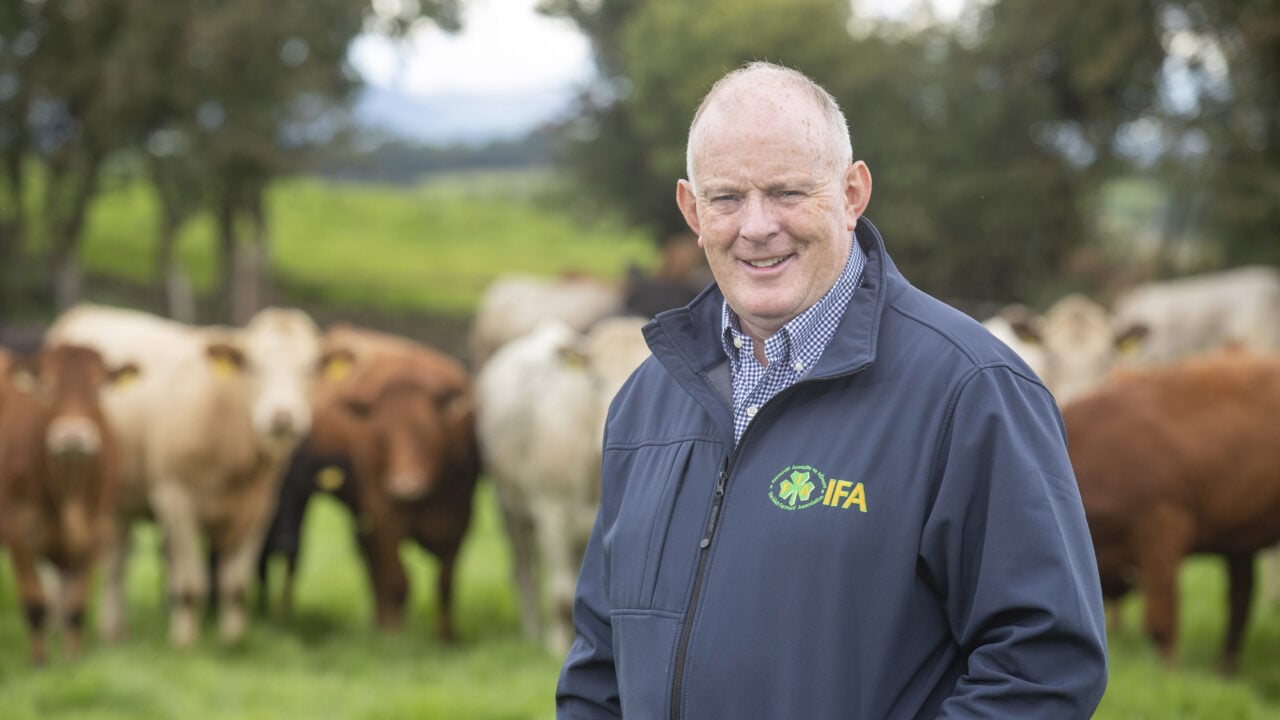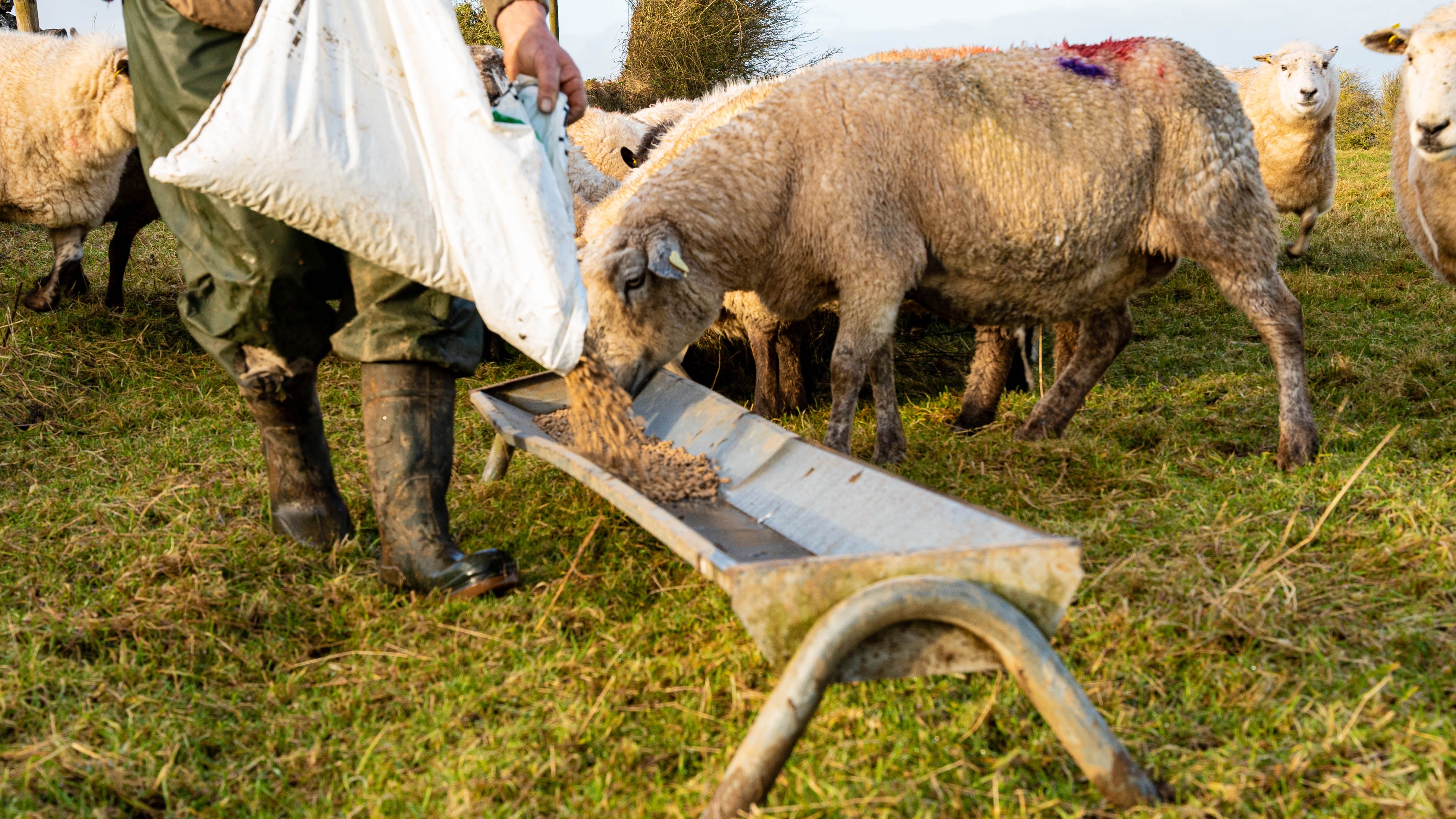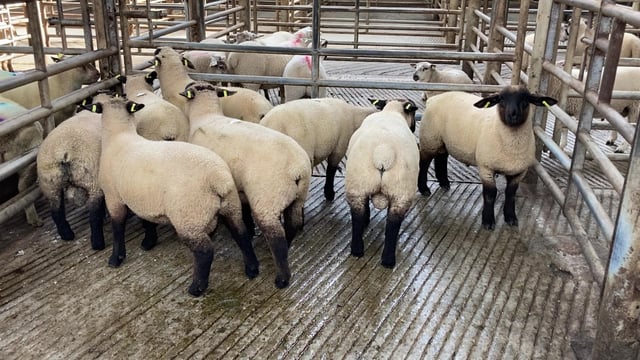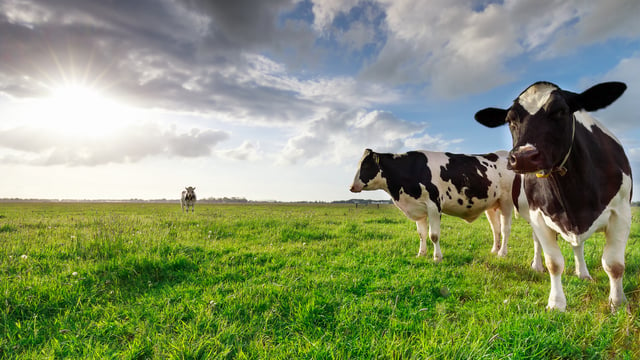Vulnerable farm sectors still struggling with incomes - Gorman
The president of the Irish Farmers' Association (IFA) has welcomed a reported increase in family farm incomes, but warned that vulnerable sectors are still struggling.
Francie Gorman was reacting to the preliminary results of the Teagasc National Farm Survey, which were published today (Monday, June 23).
According to the survey, the average family farm income rose by 87% to just under €36,000 in 2024.
The survey found that 42% of farm were economically viable, which Teagasc said is one of the highest figures recorded for one year.
However, the IFA president noted that 2023 was a historically difficult year, making the increase in average income seem more significant than is actually the case.
Gorman said: “It’s good to see farm incomes bounce back after the difficulties of 2023. But it is worth bearing in mind that the 2024 average farm income is still about 14% lower than 2022 levels."
The IFA president also noted that the 2024 average figure is well below the average industrial wage.
Gorman also pointed to the wide range of incomes across the various sectors.
"The tillage and, in particular, the drystock sectors remain under pressure, with average incomes for beef farmers ranging from just over €18,000 for suckler farmers to €23,573 for non-suckler beef farmers.
“Despite the increase, average family farm incomes in our vulnerable sectors are still at a very low level with only about 30% of our cattle farms, 37% of our sheep farms and 57% of our tillage farms viable, according to Teagasc,” the IFA president said.
Gorman highlighted that the preliminary results of the National Farm Survey reemphasises the importance of direct payments to more vulnerable sectors.
He said it demonstrates the need to ensure that the Common Agricultural Policy (CAP) budget is protected and increased within the next EU budget.
“The results show that, despite the increase, direct payments still constituted 84% of tillage farm income, over 100% of sheep farm income, and over 130% of suckler farm income. It also shows that Pillar 2 payments made up over half of total direct payments.
“That is why it is essential that our government, and in particular our minister for agriculture, do everything in their power to ensure the CAP budget is ringfenced and increased as part of the next overall EU budget,” Gorman added.






